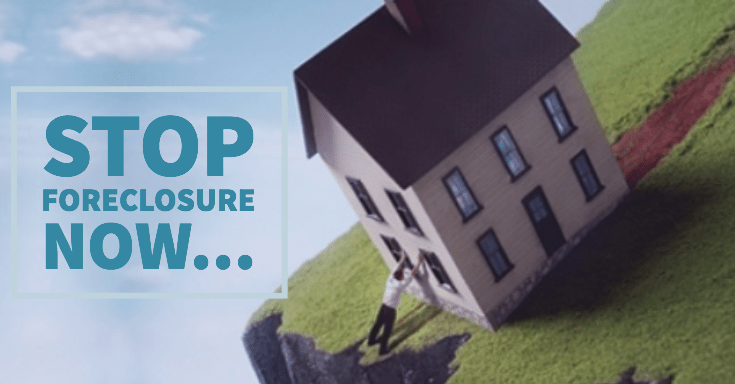When is it Too Late to Stop Foreclosure?
Anybody with even the vaguest inkling of a pending foreclosure wonders this very same question. Foreclosure can be a draining and tiresome experience, and just like many court cases, you're up against very tight deadlines. Many homeowners are frantically racing against the clock to prevent the bank from reselling their house. When is it too late to stop foreclosure?

This is one question that you should seriously consider when you're thinking about filing for chapter 13 bankruptcy. Bankruptcy is a serious decision and should not be entered into lightly. You should seek the advice of a professional bankruptcy attorney when you need to determine if filing for chapter 13 will benefit you and your family.
A qualified bankruptcy attorney will let you know when is it too late to stop foreclosure. While it's true that chapter 13 protects you from repossession, it's important to realize that it's a process and not an event. You can stop foreclosure at any point along the process. A bankruptcy attorney can show you how to proceed.
When is it too late to stop foreclosure?
The lending institution is required to notify you in writing that you are in default of your mortgage payments. This notification gives you a certain amount of time to correct your financial situation. If you don't correct your financial situation, the lender may come after you in an attempt to retrieve the funds that are owed to them. This isn't always the case, but if your lender files a lawsuit against you, it's very likely that you will lose.
Once you have been given a certain amount of time to make the necessary repairs to fix your financial situation, the lender then becomes available to discuss the details of your financial hardship. It's important to remember that the bank isn't trying to get their money back; they simply want their mortgage payments paid. But when is it too late to stop foreclosure proceedings?
A qualified bankruptcy attorney will inform you that if you have filed for bankruptcy in the past few years, then your credit may not be in as good a condition as it would have been at your original filing. This is one of the most common reasons why a home owner faces foreclosure. In fact, it's probably one of the most common reasons why a homeowner faces foreclosure sale. One thing is for sure, if you've filed for bankruptcy in the past few years, your credit may not be in the best state. So, if you've decided to opt for bankruptcy as a way to stop foreclosure sale, then you'll need to hire a qualified bankruptcy attorney to represent you.
Another reason why you might face foreclosure without having a bankruptcy attorney at your side is if you've made some kind of late payments or missed some of your mortgage payments. For example, did you forget to send in your payments for three months or more? Did you miss a month and then forget about it? This may result in a deficiency judgment against you. A deficiency judgment is when a creditor files a court action asking a judge to ensure that you pay off the deficiency balance of your mortgage loan. The more times your lender fails to make a payment on your home loan, the more chances you have of being hit with a deficiency judgment.
If you have made all of your payments on time, then you may not have to worry about a deficiency judgment because the lender does not have to go to the court system to get this judgment. Instead, the lender will ask a judge to "certify" or "order" that you repay the mortgage loan. At this point, the lender will send you a notice that states that you have to repay the debt within a specific amount of time (usually 120 days). You can still work with your lender to make an agreement that will allow you to repay the money without going to the court system. If this agreement is signed, then the lender will not use the deficiency judgment against you.